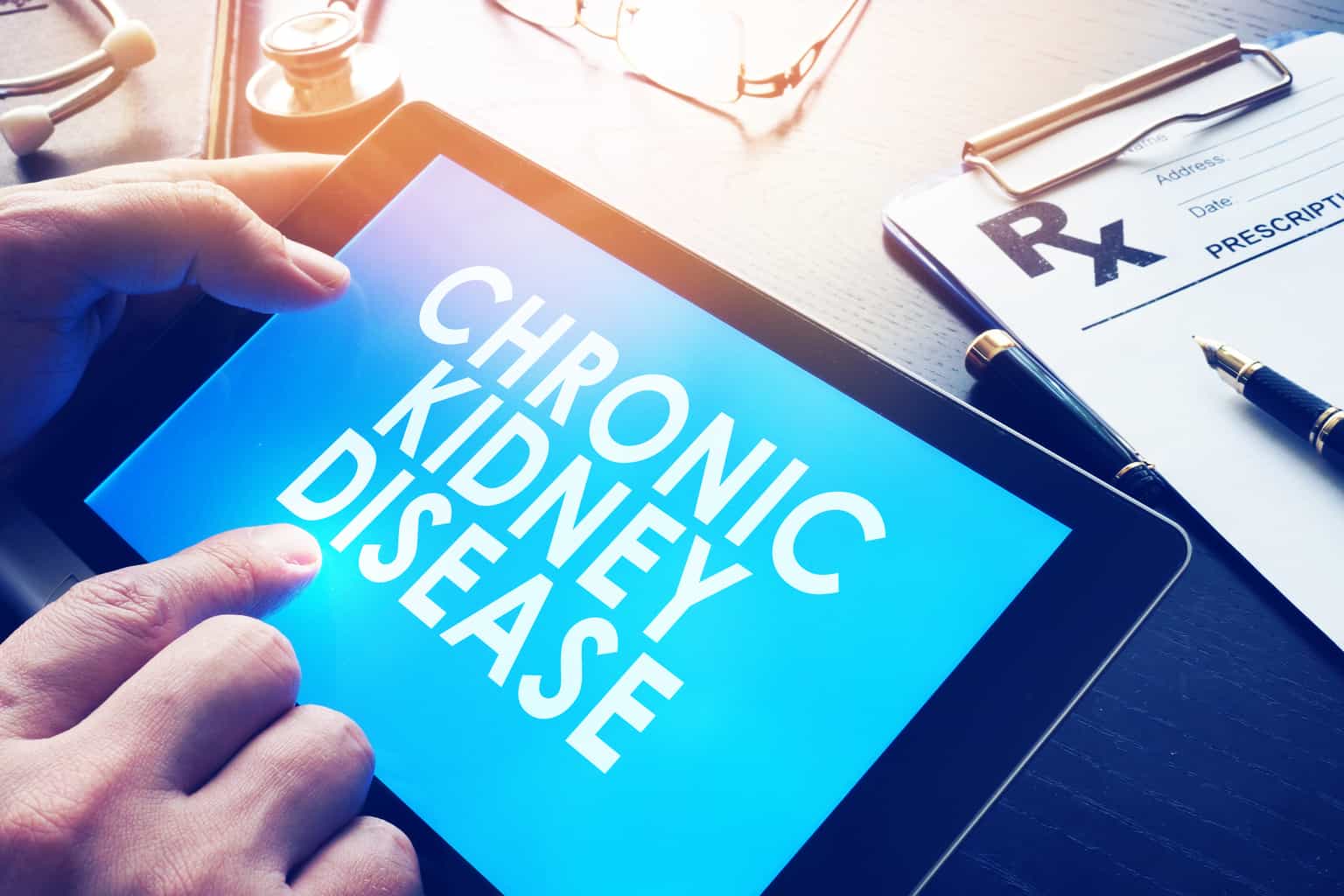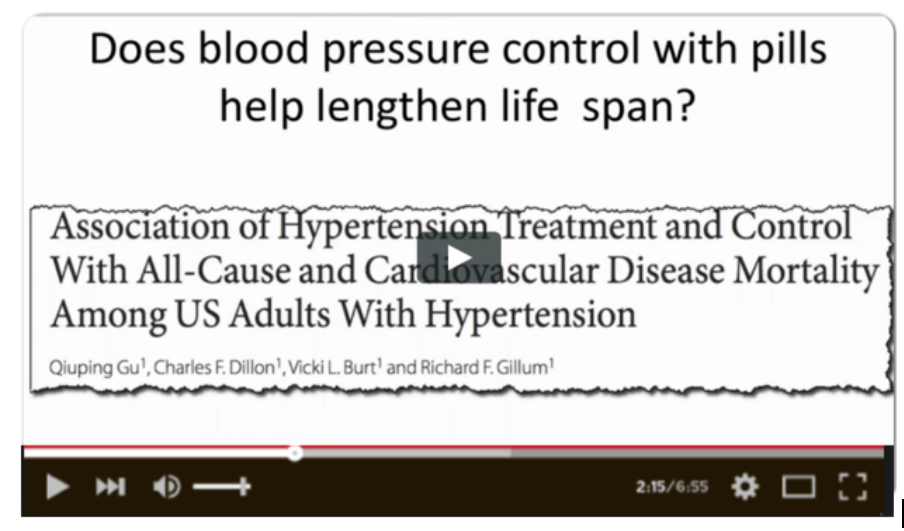
[cmamad id=”20335″ align=”center” tabid=”display-desktop” mobid=”display-desktop” stg=””]
This could be one of the best ways to flush out toxins from your blood
——Important Message——
Does this work for men better than nitric oxide?
What’s better for men than taking nitric oxide?
Answer: Three pleasurable, blissful activities that work just as well to help a man get a bigger, fatter, and more sensitive penis.
Men who do these three activities have much better sex and much better erections – that last a long time.

Here’s how men are fixing their erection problems – it works better than nitric oxide
———
Are you part of the 96% who don’t know they have CKD?
Our kidneys carry out dozens of bodily functions.
Some of the most important functions include removing toxins and controlling the levels of fluid in the body.
The Centers for Disease Control (CDC) reports that 30 million adults suffer from chronic kidney disease in the United States.

Chronic kidney disease increases the risk of heart disease, stroke, high blood pressure, and pulmonary edema.
Many people suffering from chronic kidney disease (CKD) remain undiagnosed.
“48% of those with severely reduced kidney function but not on dialysis are not aware of having CKD.”
“Most (96%) people with kidney damage or mildly reduced kidney function are not aware of having CKD.”
Chronic kidney disease and associated health problems are a major cause of death.
Now, here is something cool: Coffee is associated with lower risk of death in general.
“An inverse relationship between coffee consumption and mortality has been reported in the general population.”
[cmamad id=”20336″ align=”center” tabid=”display-desktop” mobid=”display-desktop” stg=””]
And caffeine is one of the main health-promoting elements in coffee.
Researchers recently set out to see if caffeine also lowers the risk of death in people with CKD because:
“The association between caffeine consumption and mortality in patients with chronic kidney disease remains uncertain.”

They did this research at Portuguese universities and hospitals and published the results in the Journal of Nephrology Dialysis Transplantation.
The study looked at information on thousands of adults with CKD.
“We analyzed 4,863 non-institutionalized adults with chronic kidney disease.”
These people had participated in a health and nutrition survey carried out between 1999 and 2010.
The participants completed questionnaires about their dietary intake – and that included an analysis of caffeine intake.
“Caffeine consumption was evaluated by 24-h dietary recalls at baseline.”
From medical records, that study also recorded deaths from cancer, cardiovascular disease, and all causes.
“All-cause, cardiovascular, and cancer mortality were evaluated until 31 December 2011.”
So for this study, the researchers sorted the participants into four different categories according to their caffeine intake.
These are the consumption categories (called quartiles):
(Q1) less than 28.2 mg/day (low)
(Q2) 28.2 to 103.0 mg/day
(Q3) 103.01 to 213.5 mg/day
(Q4) more than 213.5 mg/day (high)
The research showed that all-cause mortality was significantly lower for people who consumed a significant amount of caffeine.
People in the second quartile of caffeine intake were 26% less likely to die from any cause.
“Comparing with Q1 of caffeine consumption, the adjusted hazard ratio for all-cause mortality was 0.74.”
The protective effect was similar for even higher caffeine intake.
Death rates were 26% lower for Q3 and 22% lower for Q4 (highest intake of caffeine).
“Adjusted hazard ratio for all-cause mortality was 0.74 for Q3 and 0.78 for Q4.”
The amount of caffeine in two to four cups of coffee seems to be beneficial for people with CKD.
“We detected an inverse association between caffeine consumption and all-cause mortality among participants with CKD.”
The rates of chronic kidney disease are increasing globally.
“Approximately 14% of adults in the USA have CKD – and the prevalence of CKD is expected to continue to increase worldwide.”
Coffee can slow the progression of chronic kidney disease.
“Previous epidemiological studies have suggested an association between coffee consumption and slower progression of chronic kidney disease.”
This study suggests that the caffeine content of coffee may be the reason it protects people with kidney disease.
Because they didn’t just look at coffee.
They also calculated the caffeine intake from all sources.
“An analysis of caffeine consumption according to its source (coffee, tea and soft drinks) was also performed.”
And they did not find any evidence that caffeine negatively affects kidney function.
“Caffeine consumption appears to be safe through different stages of kidney disease.”
So the researchers concluded that caffeine could be beneficial for people with chronic kidney disease.
“This would be a simple, clinically beneficial, and inexpensive option in patients with CKD.”
You should always consult a healthcare practitioner about diagnosing and treating health-related problems.
—–Important Message—–
These are the most SHOCKING blood pressure studies I have ever seen (EXTREMELY controversial)…
Warning: Our publisher may have to delete this soon to avoid legal pressures…
But I invite you to join me as I explain what these shocking studies mean and how they will completely change what everyone has assumed for decades.

Click here to watch this new 5-minute eye-opening video
——-

Unknown to many, chronic kidney disease is a condition which is usually only diagnosed until it has become more advanced. It is estimated that as much as 30 million American adults my have Chronic Kidney disease and may not even know it !The function of the kidneys starts failing slowly, over time. In extreme conditions, the body loses its ability to filter and excrete waste and excess fluids from the body.This can be dangerous. You would need a kidney transplant in extreme cases.The general function of the kidneys is to filter excess fluids and waste from the human body. When the functioning of the kidneys is effected, there are certain signs to notice.People with Chronic kidney disease may not even know that there is anything wrong with them. Nausea and vomiting without any direct reasons can start to happen. There may be loss of appetite as well as increased feelings of weakness and fatigue. Feeling faint or dizzy even from normal activity can be a warning sign. You will notice changes in your urination. The urge to urinate too much of too little and feeling bloated up can occur. Pay attention.The earlier you know about it, the faster can steps be taken to control this condition. Get to a doctor.Do you feel puffy? Trouble thinking straight? Upset stomach?All of these factors may indicate that, there is something wrong with your kidney.Some can face sleep problems. Other signs may include inflammation in the feet and ankles. You may suffer from muscle cramps and twitches which occur voluntarily. In cases where fluids build up in the lining of the heart, a person can complain of chest pain. Some medical studies also report individuals complain of “shortness of breath”. This is due to excess fluids building up in the lungs.Since most of these symptoms can also be caused due to other diseases or existing health problems, it is difficult to diagnose Chronic Kidney failure normally. The blood pressure can also peak up.Your doctor in these cases will ask for a blood and urine test to analyze this. Make sure that proper attention is paid in this case. Some diseases or conditions that cause “Chronic Kidney disease” include Diabetes (Type 1 or Type 2 ), High Blood pressure and Interstitial nephritis (Inflammation of the kidney’s tubules & surrounding structures ).Individuals who suffer from Enlarged prostate or kidney stones are also likely to contract Chronic Kidney disease.Reoccuring kidney infections can also be a cause for chronic kidney failure.If you have a family history of kidney disease, then you should beware. It is prudent to keep an eye out for CKD. If you suffer from obesity or are overweight, it is a good decision to include some regular exercise or mild to intense activity to improve your body functions. Fluid retention due to Kidney failure can also cause damage to the nervous system and even alter sexual functions causing erectile dysfunction or fertility loss.Chronic Kidney disease is usually found mostly among older adults. This can be considered a natural result of Old age but those suffering from Heart and Cardiovascular disease should pay particular attention to their Kidney health.Ask your doctor for tests to look for signs of Kidney damage. Cutting down on smoking and maintaining a healthy weight is a simple strategy to keep this condition at bay. If you are suffering from any existing health conditions, it is good to follow your doctors recommendations and the right medical prescriptions for the same.

Leave a Reply